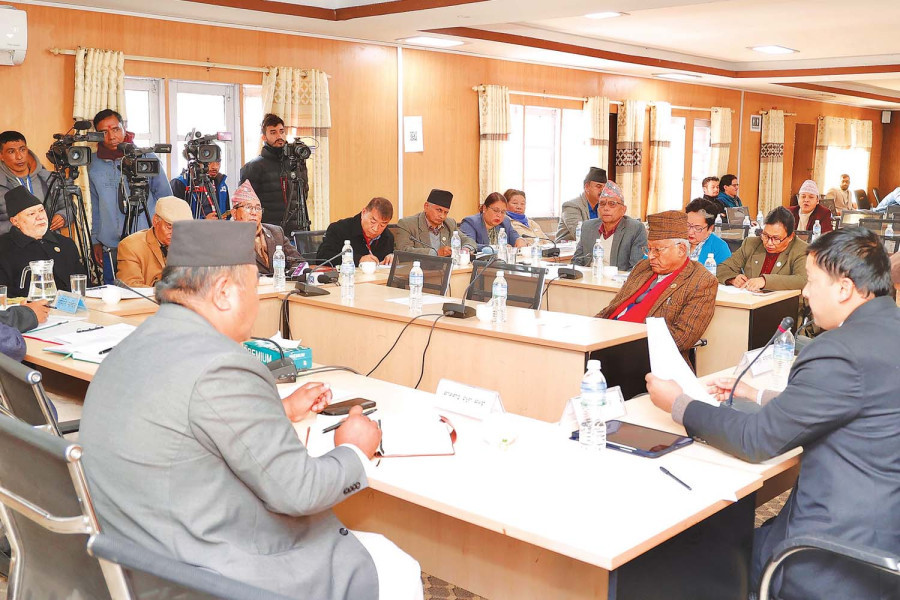Editorial
Unwanted unions
Banning politically affiliated trade unions won’t be easy. But it is a goal worth pursuing.
Their reaction, rather predictably, was one of collective outrage. It was a rare occasion that made these always feuding bodies speak with one voice. Never mind that the logic on offer to justify their anger was shaky. First, the context. Parliament’s State Affairs and Good Governance Committee is discussing a bill to regulate the federal civil service. During the discussions, leaders from across the political spectrum talked of the urgent need to outlaw politically affiliated trade unions from civil service. The lawmakers proposed a single official trade union to work as an umbrella organisation for all civil servants. The union representatives were having none of it. Issuing a statement, five different trade union bosses warned the lawmakers against “arrogance”, while talking up the big role of these unions in the democratic movements of 1990 and 2006. This isn’t saying much. Past participation in various democratic movements has become an excuse for political actors of all kinds to justify their continued relevance and importance. Had these trade unions been working as envisioned, they could have pointed to their more substantive initiatives to ease the livelihoods of civil servants. They could not as they have done nothing of the sort.
Since being officially recognised in 1993, what these unions have done is act as the proxies of their mother parties, in bureaucracy and in service delivery institutions. The representatives of these unions often spend more time politicking than they do working as civil servants. They have thoroughly politicised civil service as they are less interested in effective service delivery than they are in pleasing their political bosses. This makes sense, too. Proximity to powerful politicians is their only ticket to promotion and other state perks. This is why, if our state organisations are to improve and service delivery is to get better, the role of these politically-affiliated trade unions must be minimised. And what better way to do so than through a strong umbrella union to represent all civil servants?
With multiple trade unions battling for influence in the same office, much of their time is wasted. If the goal is really to improve the lot of civil servants, it makes sense to have a strong union negotiate on their behalf rather than five or six fractured voices all looking to push their own agenda. Banning multiple trade unions thus makes sense—but it will be tough to implement. Again, these unions have the backing of powerful politicians, which is why previous efforts to regulate them have failed. Even in the education sector, we see all major parties repeatedly commit to depoliticising the sector. That never happens though. Ditto in the civil service. This is why the new reform-minded voices in the State Affairs and Good Governance Committee need wider support. These unions have for long hobbled Nepali civil service and added to the difficulties of service seekers. Even if they cannot be removed overnight, it is vital to widen the constituency in favour of clean and efficient governance and service delivery. If that happens, the days of these trade unions will be numbered.




 14.12°C Kathmandu
14.12°C Kathmandu














